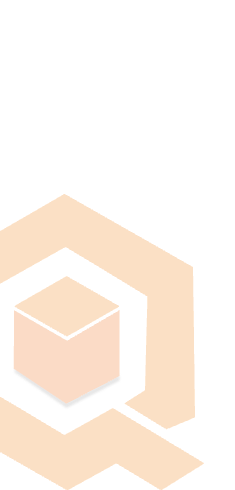
 About industry
About industry
Education technology is revolutionizing the way students learn and educators teach. From online learning platforms and virtual classrooms to learning management systems (LMS) and educational apps, EdTech solutions aim to make education more accessible, interactive, and personalized.
 About industry
About industry
Key Trends & Technologies
We are excited for our work and how it positively impacts clients. With over 12 years of experience we have been constantly providing excellent solutions.
LMS platforms are central to delivering online courses, managing course content, tracking student progress, and facilitating communication between students and instructors. Testing includes functional testing of course creation, enrollment, grading, and discussion forums.
With the shift towards remote learning, virtual classrooms and web conferencing tools play a crucial role in delivering live lectures, interactive sessions, and collaborative activities. Testing involves validating audio/video quality, screen sharing, chat features, and attendance tracking.
Adaptive learning platforms use data analytics and AI algorithms to personalize learning experiences based on individual student needs, preferences, and learning styles. Testing includes validating adaptive learning algorithms, content recommendations, and student progress tracking.
Mobile apps enable students to access educational content, participate in discussions, and complete assignments on smartphones and tablets. Testing includes compatibility testing across different devices and operating systems, as well as usability testing for mobile-specific features.
Gamification techniques such as quizzes, badges, and leaderboards are used to engage students, motivate learning, and enhance retention. Testing involves validating gamified features, interactive multimedia content, and user engagement metrics.
AR and VR technologies are increasingly used to create immersive learning experiences, simulations, and virtual field trips. Testing includes validating 3D environments, interactive elements, device compatibility, and user interactions.
Key Strategies

Ensure the accuracy, completeness, and relevance of educational content, including text, images, videos, and interactive exercises. Conduct content validation, peer review, and alignment with curriculum standards and learning objectives.

Prioritize usability testing to evaluate the intuitiveness, ease of navigation, and user-friendliness of educational interfaces. Additionally, conduct accessibility testing to ensure compliance with accessibility standards and support for users with disabilities

Protect student data and privacy by implementing security controls such as encryption, access controls, and secure authentication. Testing includes vulnerability assessment, penetration testing, and compliance with data protection regulations such as GDPR and FERPA.

Ensure that EdTech platforms can handle increasing user loads, concurrent sessions, and data volumes without performance degradation or downtime. Conduct load testing, stress testing, and scalability testing to validate system scalability and performance under varying workloads.

Test integrations with third-party systems such as student information systems (SIS), content repositories, assessment tools, and learning analytics platforms. Validate data exchange, interoperability, and functionality across integrated systems.

Establish feedback mechanisms to gather input from students, instructors, administrators, and other stakeholders. Use feedback to iterate on features, address usability issues, and continuously improve the quality and effectiveness of EdTech solutions.

Provide training and support to educators, administrators, and technical staff to effectively use and manage EdTech solutions. Offer resources, tutorials, and professional development opportunities to promote continuous learning and skill development.